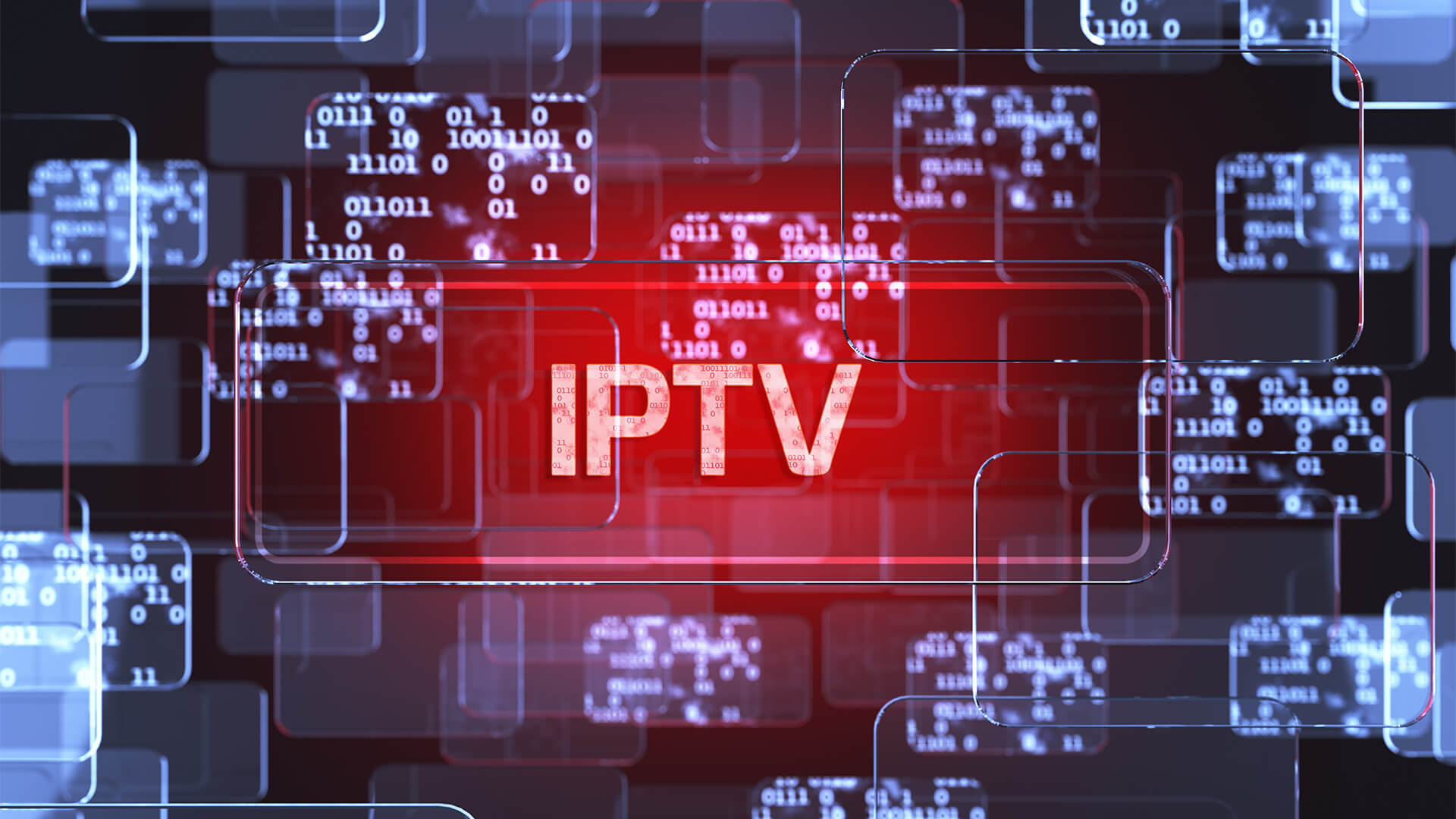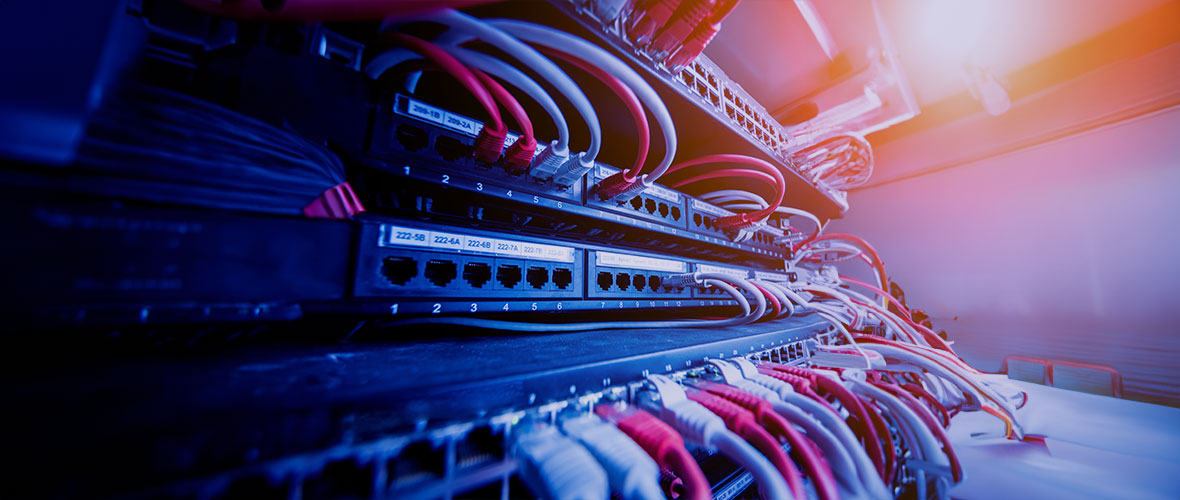Are you tired of paying exorbitant monthly fees for your cable TV subscription? Have you heard about the growing trend of switching to IPTV services as a more cost-effective alternative? In this honest guide, we will delve into the world of Internet Protocol Television (IPTV) to help you determine if ditching cable for IPTV is actually worth it. From the multitude of channels and on-demand content to the potential savings and ease of use, we will explore the pros and cons of making the switch.
So, grab a seat, buckle up, and lets navigate through the ever-evolving landscape of entertainment options available to modern consumers.
What is IPTV and how does it compare to traditional cable TV?
 IPTV, or Internet Protocol Television, is a modern way of watching TV that differs significantly from traditional cable TV.
IPTV, or Internet Protocol Television, is a modern way of watching TV that differs significantly from traditional cable TV.
Instead of receiving TV programs through cables or satellite signals, IPTV delivers television content over the internet. This allows users to access a wide variety of channels and on-demand content through their internet connection, providing greater flexibility and convenience compared to traditional cable TV. Additionally, IPTV offers interactive features such as video on demand, cloud DVR, and personalized recommendations, catering to the changing preferences of modern viewers.
While cable TV may have certain advantages such as widespread availability and well-established infrastructure, the benefits of IPTV in terms of content variety, flexibility, and interactive features make it a compelling option for those looking to enhance their TV viewing experience.
Cost comparison: Is IPTV really cheaper than cable?
For many consumers, one of the biggest factors in deciding whether to switch from cable to IPTV is the cost. While IPTV services often advertise lower prices than traditional cable packages, the true cost comparison can be more nuanced.
When considering the price of IPTV, its important to factor in additional fees such as equipment rental, installation costs, and any hidden charges that may not be immediately obvious. On the other hand, cable companies often offer bundled packages that include internet and phone services, which may result in cost savings for some customers.
Ultimately, the decision to switch from cable to IPTV should take into account not just the sticker price, but the overall value and convenience of the service.
Channel options and customization with IPT

Channel options and customization are abundant with IPTV, giving users the flexibility to tailor their viewing experience to their preferences. From sports, news, entertainment, and more, IPTV offers a wide range of channel options to cater to every viewers interests. Additionally, users can customize their channel lineup, removing unwanted channels and adding new ones, ensuring a personalized viewing experience.
With the option to create custom channel packages, subscribers can save money by only paying for the channels they actually watch. Overall, the ability to customize channel options with IPTV offers a level of control and choice that traditional cable simply cant match.
Picture quality and reliability of IPTV

When it comes to the picture quality and reliability of IPTV, there are definitely some things to consider before making the switch from cable. IPTV services are known for offering high-definition content with crisp visuals, making for an enjoyable viewing experience.
However, the reliability of IPTV can vary depending on factors such as internet speed and provider. Some users may experience buffering or pixelation issues, especially during peak usage times.
Its important to research different IPTV providers to find one with a good reputation for both picture quality and reliability. Ultimately, the decision to switch from cable to IPTV comes down to personal preference and priorities when it comes to television viewing.
Conclusion
In conclusion, making the switch from traditional cable to IPTV can offer a range of benefits for consumers seeking more flexibility, a wider range of content options, and potentially lower costs. However, it is important for consumers to carefully consider their individual needs, preferences, and budget before deciding to make the switch.
Additionally, it is crucial to do thorough research and consider the reputation of different IPTV providers to ensure a reliable and high-quality service. By weighing the pros and cons and making an informed decision, consumers can determine whether ditching cable for IPTV, including Smart IPTV, is actually worth it for them.

